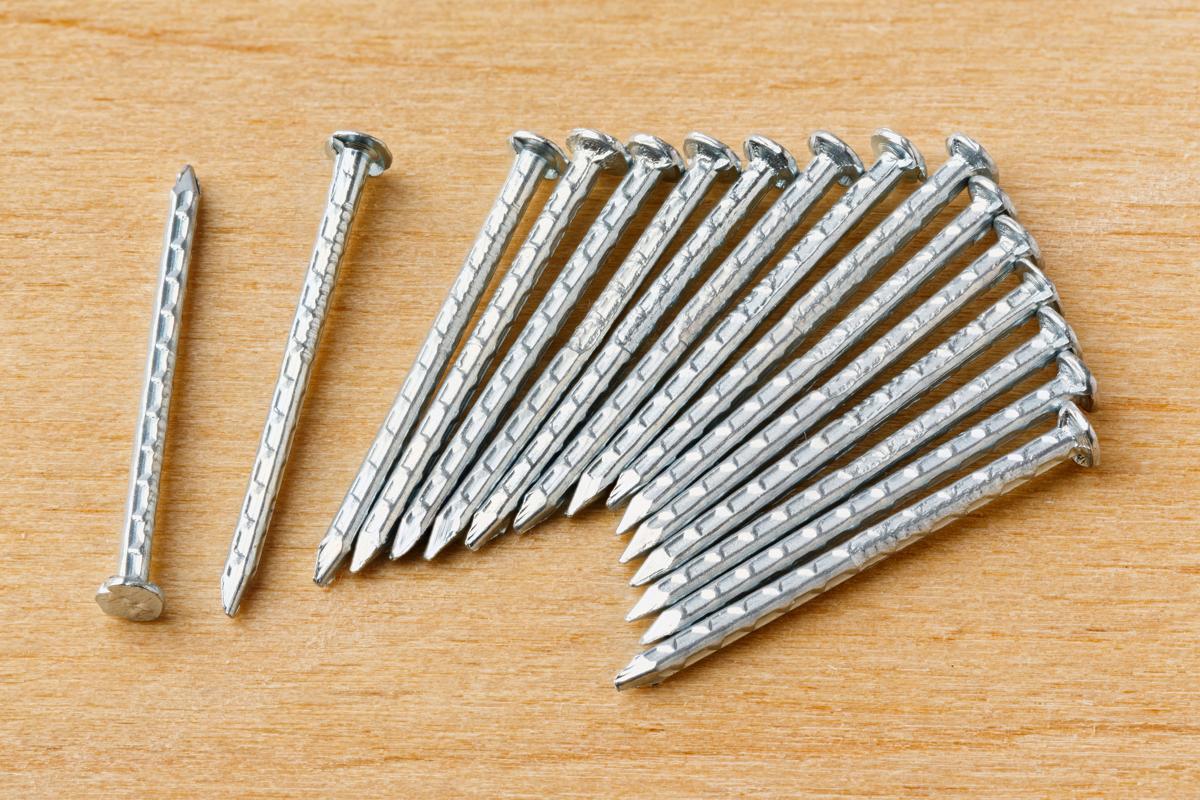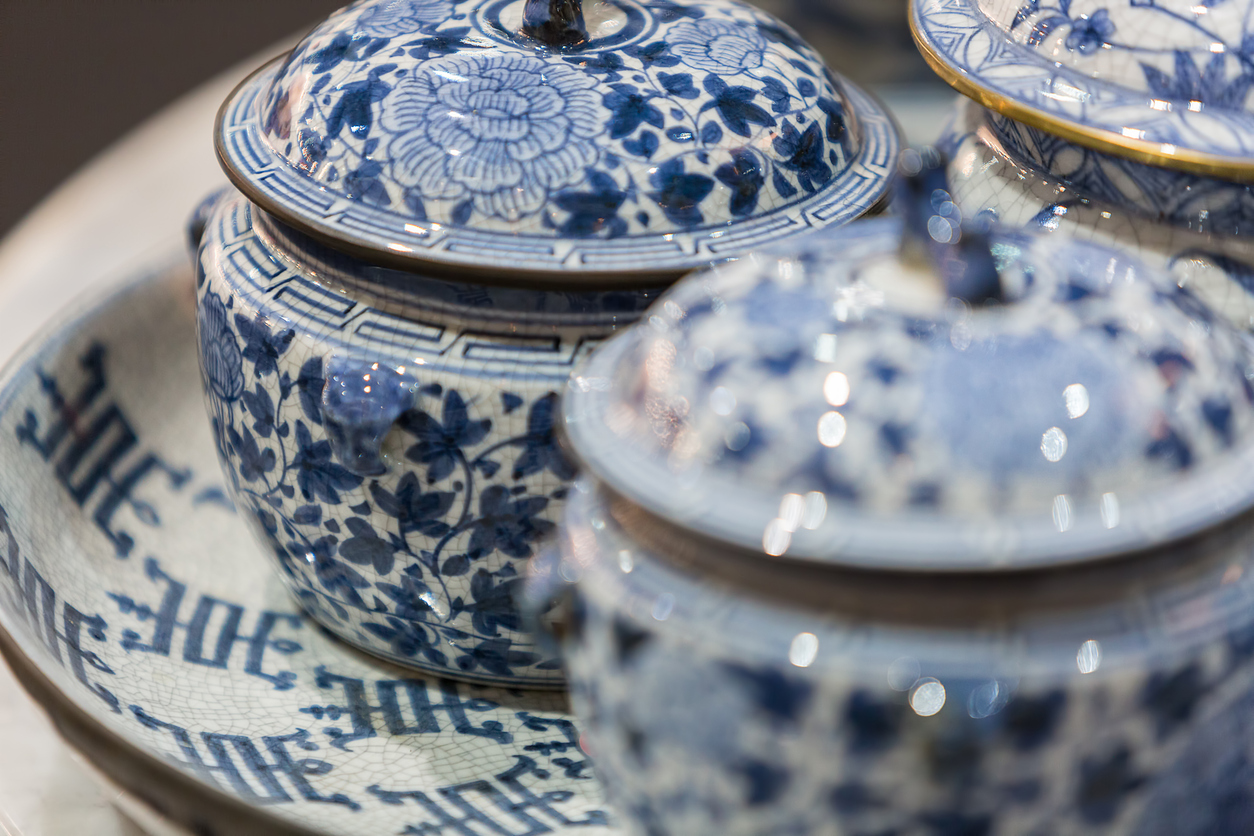An Insider’s Guide to Buying Iron Nails in Angola
An Insider’s Guide to Buying Iron Nails in Angola
If you’ve ever worked in construction, carpentry, or another trade that involves woodworking, then you know how important iron nails are. Iron nails are similar to standard nails in that they are used to fasten different pieces of wood together. However, iron nails have several benefits that standard nails do not. In the case of an emergency or if you need a lot of iron nails for professional reasons, it can be hard to find and buy them locally. This means you’ll need to look online for a supplier that ships to your country and has the type of iron nails you want. Luckily, this blog post will give you all the tips you need to buy iron nails in Angola and get them shipped quickly and cheaply so that your project doesn’t suffer.
What Is an Iron Nail?
An iron nail is a type of nail that is made of iron. Unlike the standard nails that you may be used to, iron nails have a number of benefits that make them ideal for certain jobs. For example, iron nails are incredibly durable. While standard nails may bend or break when you hit them with a hammer, iron nails won’t be damaged. This makes them ideal for certain construction or carpentry projects where you need to hammer the nail in and out of a piece of wood multiple times. Iron nails also have a much higher tensile strength than standard nails. This means that no matter how much weight you put on an iron nail, it won’t break. This makes them ideal for securing heavy wood pieces together, such as when building a deck. Iron nails also have a longer lifespan than standard nails. This means that you won’t need to replace them as often. It also means that you won’t have to buy as many iron nails in the long run, which can save you a lot of money.
Why Are Iron Nails Important?
Iron nails are an important part of any woodworking project. If you’re using wood to build a piece of furniture, construct a deck, or repair a broken piece of wood, you’ll need to use iron nails to secure the pieces together. Iron nails are different than standard nails in several ways. These include a higher tensile strength, durability, and longer lifespan. Iron nails are commonly used in construction, carpentry, and furniture making. If you’re working on a project that requires the use of wood, you’ll need to use a nail to secure the pieces together. Standard nails are often used for this purpose, but iron nails offer several benefits that standard nails don’t. Iron nails are much more durable than standard nails, which means they won’t break or bend when you hammer them into a piece of wood. They also have a higher tensile strength, so they can hold a lot of weight without breaking.
How to Buy Iron Nails in Angola
In order to buy iron nails in Angola, you’ll need to find a supplier that ships to your country. Moreover, you should look for a supplier that offers the type of iron nails you want, such as brad nails or finish nails. You can find a supplier that sells iron nails by searching online. You should look for a supplier that has a lot of positive reviews, ships quickly, and offers a wide selection of nails in different sizes and types. Once you’ve found a supplier, you can place an order for the number and type of nails you want. You’ll want to make sure you have enough iron nails to complete your project, so you’ll want to buy enough for several extra nails. After you’ve chosen the number of nails you need, you can complete the checkout process. You’ll want to pay for your iron nails upfront since you won’t be able to return them after you’ve received them.
Pros of Using Iron Nails
– Durability – Iron nails are incredibly durable, which means they won’t break or bend when you hammer them into a piece of wood. This makes them ideal for certain projects, such as building a deck, where you’ll need to hammer the nail in and out of the wood multiple times. – Longer Lifespan – Iron nails also have a longer lifespan than standard nails. This means that you won’t have to replace them as often. It also means that you won’t have to buy as many iron nails, which will save you a lot of money. – Higher Tensile Strength – Furthermore, iron nails have a higher tensile strength than standard nails. This means that no matter how much weight you put on an iron nail, it won’t break. This makes them ideal for securing heavy wood pieces together, such as when building a deck. – Better Appearance – Iron nails also look better than standard nails. This is because standard nails have a small head, while iron nails have a larger head. This makes iron nails a better option for certain projects, such as making furniture.
Cons of Using Iron Nails
– Higher Cost – While iron nails have a lot of benefits, they also have a higher cost than standard nails. This means that they’re not a good choice for every project. You’ll want to weigh the benefits of using iron nails against the cost to determine if they’re right for your project. – Can Be Harder To Drive – Another drawback of using iron nails is that they can be harder to drive into a piece of wood. This is because they have a larger head than standard nails and therefore have more resistance. You may need to use more force to drive an iron nail into a piece of wood. – Require More Precision – Iron nails also require more precision when hammering them into a piece of wood. This is because the head of an iron nail is larger than a standard nail. If you don’t hammer the nail in straight, the head will be off-center in the wood.
Conclusion
Iron nails are a great option for certain projects, such as building a deck. This is because they are more durable than standard nails, have a higher tensile strength, and have a longer lifespan. Iron nails are also more expensive than standard nails, require more precision when hammering them into a piece of wood, and can be harder to drive into a piece of wood. Overall, iron nails are an excellent choice for certain projects, but you’ll want to weigh the benefits against the drawbacks before using them.








LEAVE A COMMENT
You must be logged in to post a comment.